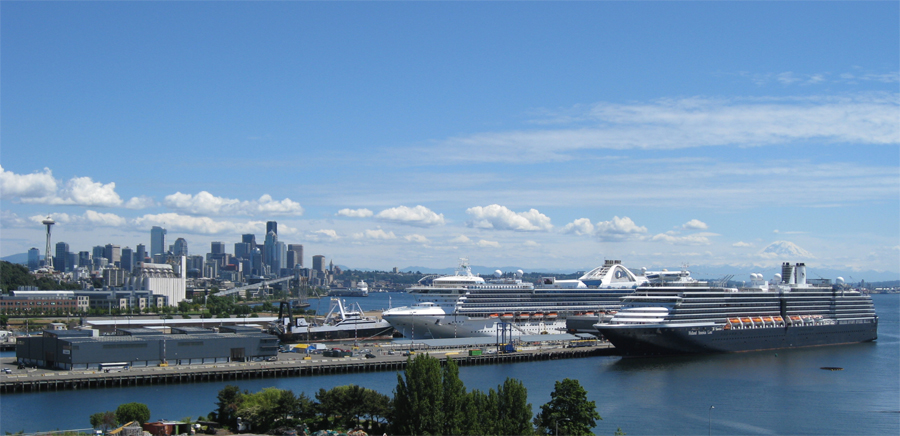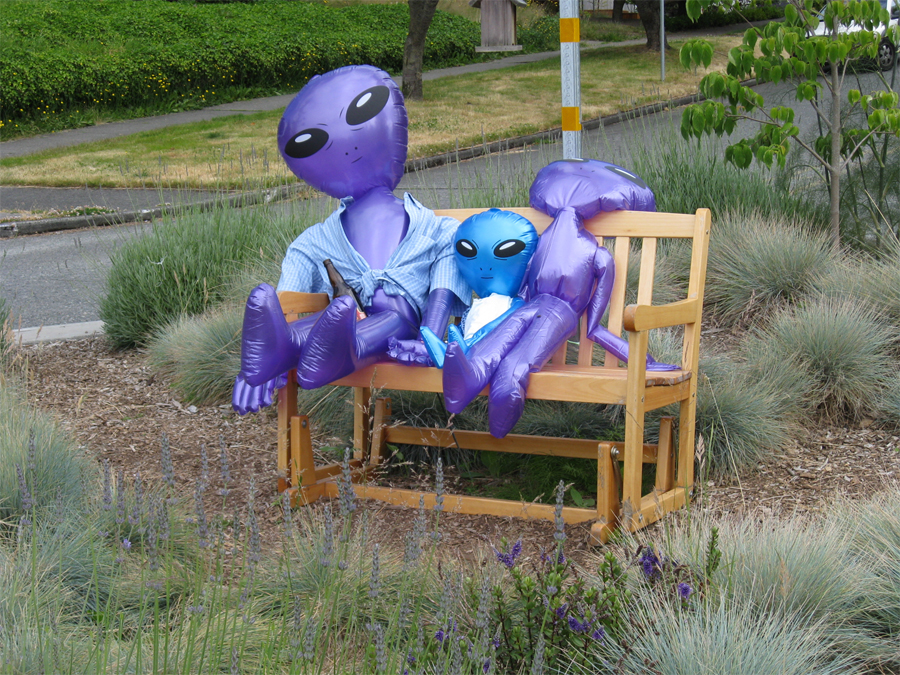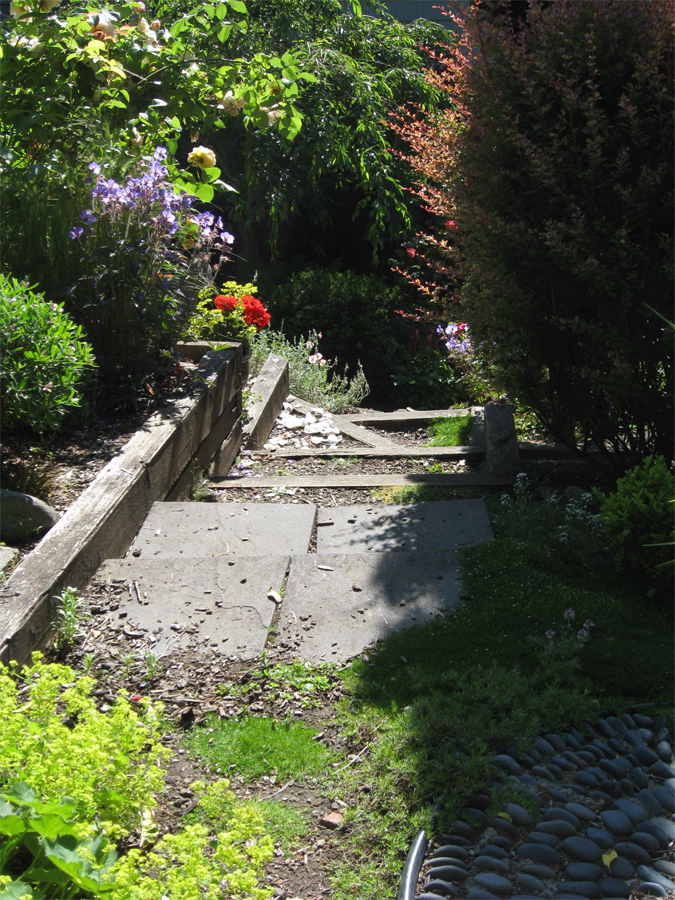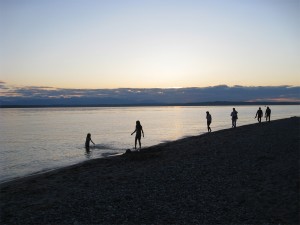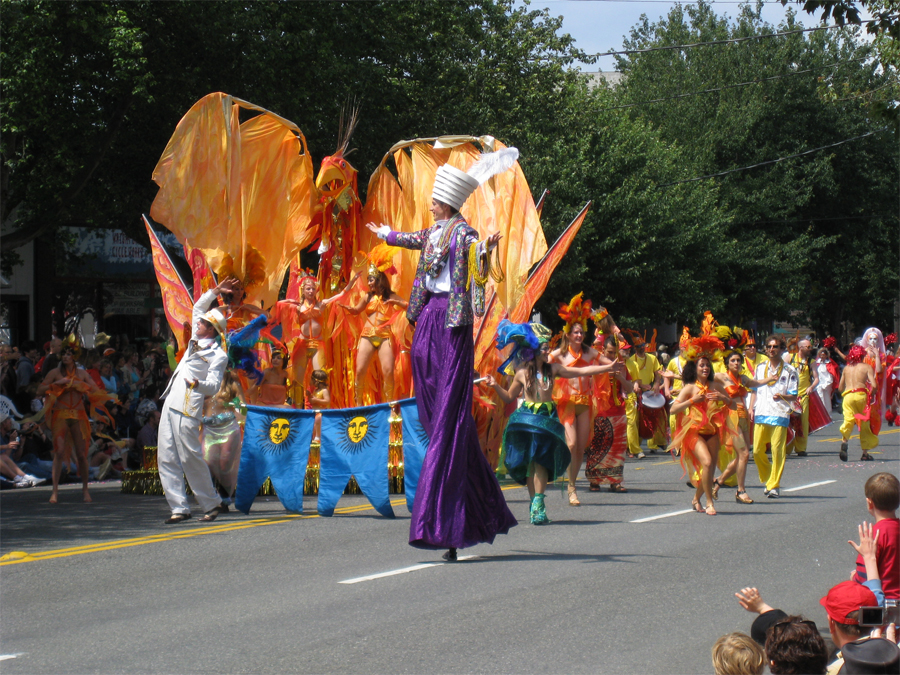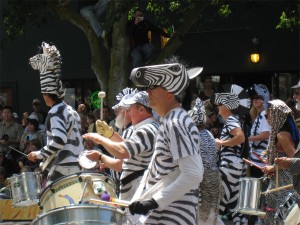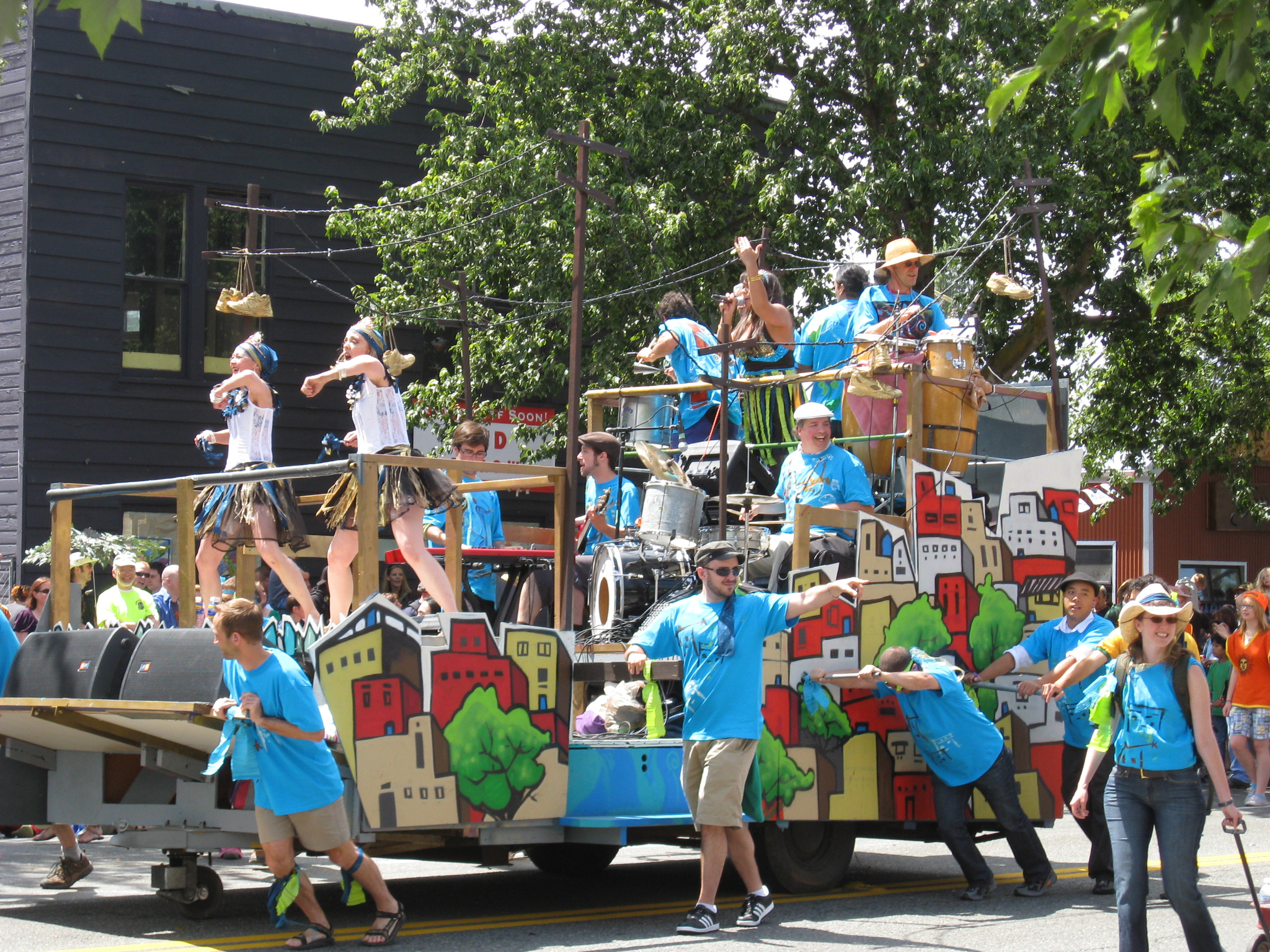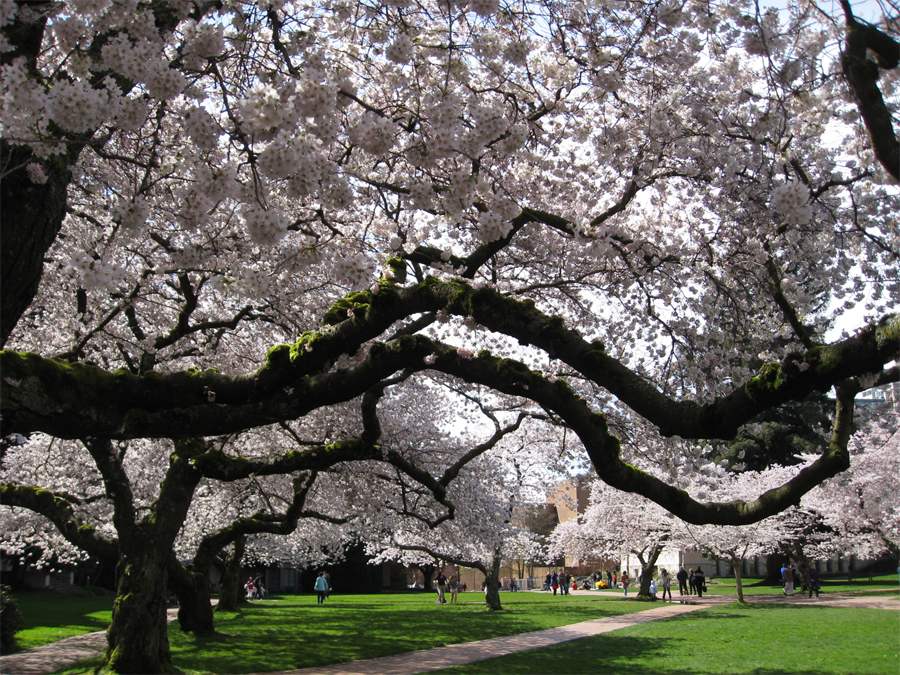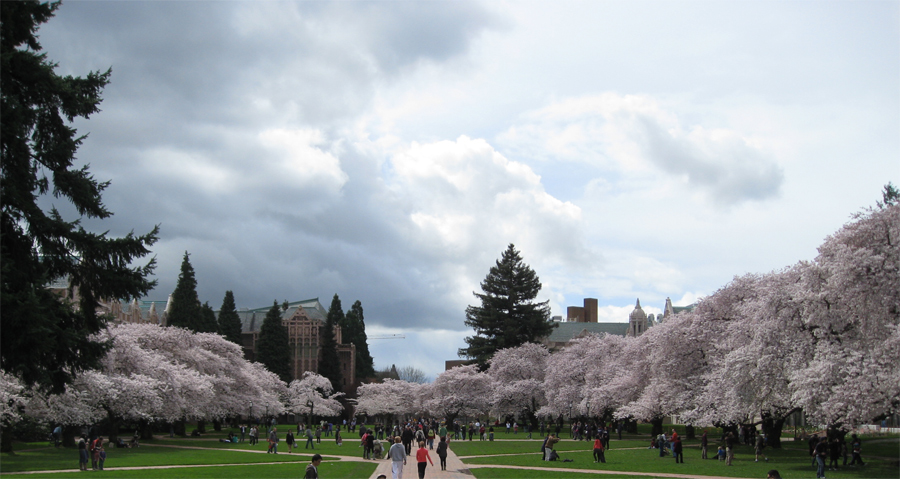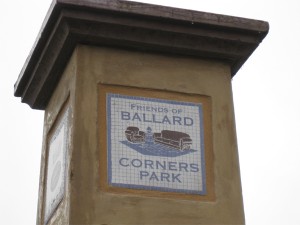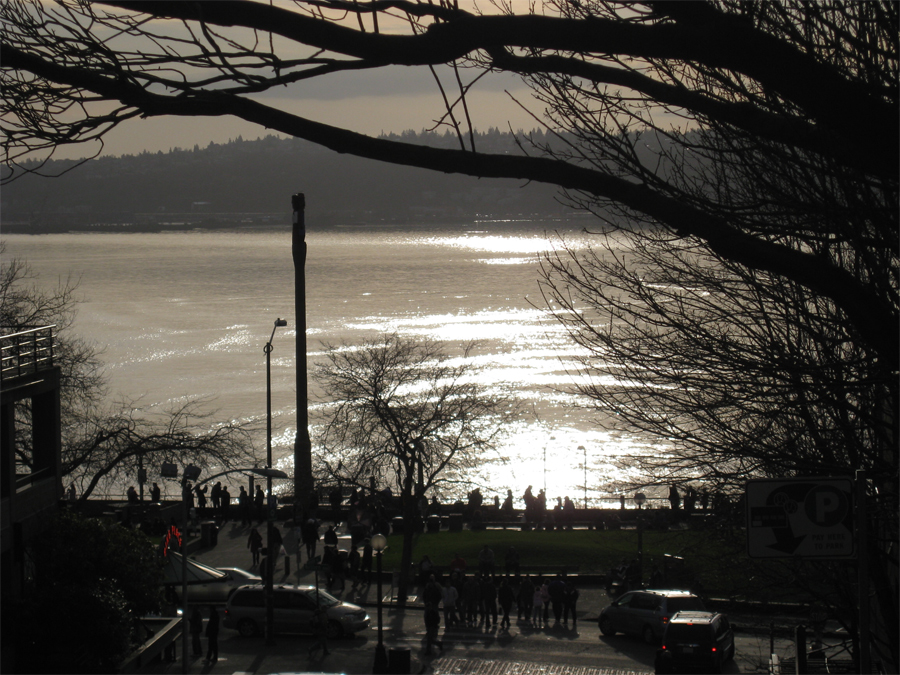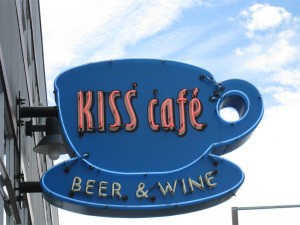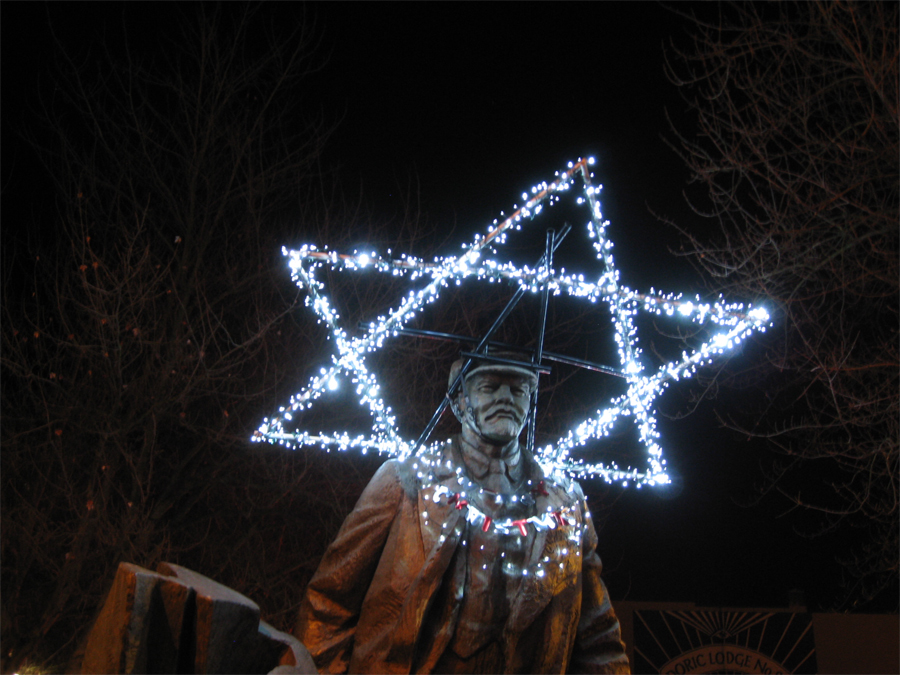At this time of year sometimes I find myself wishing that Elf would get Scrooged.
Some may suggest that this is merely a sign that I’ve wasted too many hours watching Christmas specials on TV, and I can’t deny it. I think I watch them, repeatedly, in hopes of recovering that twinkling sensation of Potteresque magic, when the story was fresh and Hogwarts School cast its architectural spell in the minds of millions of impressionable viewers.
The wizardry of modern media is such that most of us have become numb to special effects. You see one apocalypse, you’ve seen them all. But at Christmas time, the inner child whines anew. Where’s my Christmas miracle?
I do think Scrooged comes closer than most of the other holiday fare to providing a kind of updated cocktail of cynical materialism and over-the-top Dickensian transformation, and for that I thank Bill Murray, whose performance ranks as one of the all-time best in the Christmas makeover category.
But, after you’ve watched it a couple of dozen times, you find yourself yearning for something new to provide that holiday moment when, okay, maybe you can’t and never were able to believe in Santa, but you could sort of embrace the concept of giddy hope that keeps the myth alive.
This year I found my measure of cheer in Community.
I was already a fan of the NBC show about a group of misfits in a struggling community college in the middle of anywhere USA. The show manages to avoid most of the clichéd tropes of the majority of sitcoms. With a light hand and nimble pacing the show both mocks and celebrates its characters, who are all struggling to find purpose or connection.
The central character, Jeff, a disbarred lawyer trying to make a new fresh start, is played by Seattle native Joel McHale, so Seattle viewers were quick off the mark for this show. But what keeps me tuned in are the brilliant concepts and witty writing. And, of course, Abed, my favorite character, played by Danny Pudi with a kind of understated grace that slips past all my defenses.
So when I saw that the Community Christmas episode was called “Abed’s Uncontrollable Christmas” I was ready to give it a go, even though it was created in stop-motion like the pathetic, albeit classic, Rudolph the Red-Nosed Reindeer, never one of my favorites. But Community didn’t let me down. The episode is everything a Christmas special should be, and more, much more, including the wonderful John Oliver as a sort of Christmas wizard.
So, if anyone out there is weary of It’s a Wonderful Life, or simply can’t stomach another minute of Charlie Brown and his sad little tree, I suggest going online and checking out a Community Christmas. It’s special.
